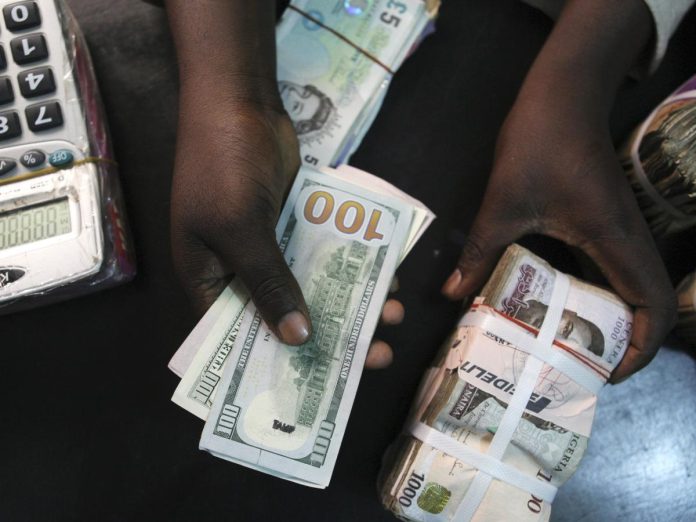In a recent article, Prof. Ndubuisi Ekekwe extends best wishes to policymakers as they endeavor to formulate crucial policies for Nigeria’s economic stability. Highlighting the urgency of the situation, he notes that the Federal Government has disclosed plans to raise $10 billion to address persistent challenges faced by the country’s currency, the Naira. The primary goal of this financial initiative is to enhance liquidity in the foreign exchange market, particularly amid growing concerns over the Naira’s sharp decline, reaching an unprecedented low of 1,850 per dollar at the parallel market on Tuesday.
While acknowledging the importance of effective solutions, Prof. Ekekwe issues a cautionary note, urging the nation to avoid a potential vicious circle where raising funds today to combat crises may lead to a perpetual dependence on debt markets for tomorrow’s challenges.
Prof. Ekekwe proposes a strategic examination of critical anchors and enablers to liberate Nigeria from persistent currency paralysis. He emphasizes the need to scrutinize Nigeria’s fiscal architecture, which has significantly impacted productivity and economic output, suggesting a potential reorganization of the nation’s structure.
Advocating for proactive measures, Prof. Ekekwe recommends that national leaders march to the National Assembly with a document outlining full fiscal federalism. According to his projections, if implemented within six months, this fiscal federalism could lead to a notable appreciation of the Naira to N650/$. Additionally, he proposes the establishment of Regional Police (not state police) to address territorial vices, expressing reservations about the maturity of democracy in allowing some governors full control of the police. He supports the idea of Regional Police, such as the Southeast Police Force, under the control of the five governors with quarterly rotating chairmanship.
Reflecting on Nigeria’s historical development, Prof. Ekekwe underscores the positive outcomes of regional governance, noting that during such periods, the exchange rate was not a significant problem, and Nigeria experienced rapid development and productivity. He posits that a return to organizing around regions could revive that heritage.
In conclusion, Prof. Ekekwe asserts that implementing fiscal federalism, where every region retains its earnings and pays taxes to the federal government, is the most effective strategy to bolster the Naira in the current economic landscape.




